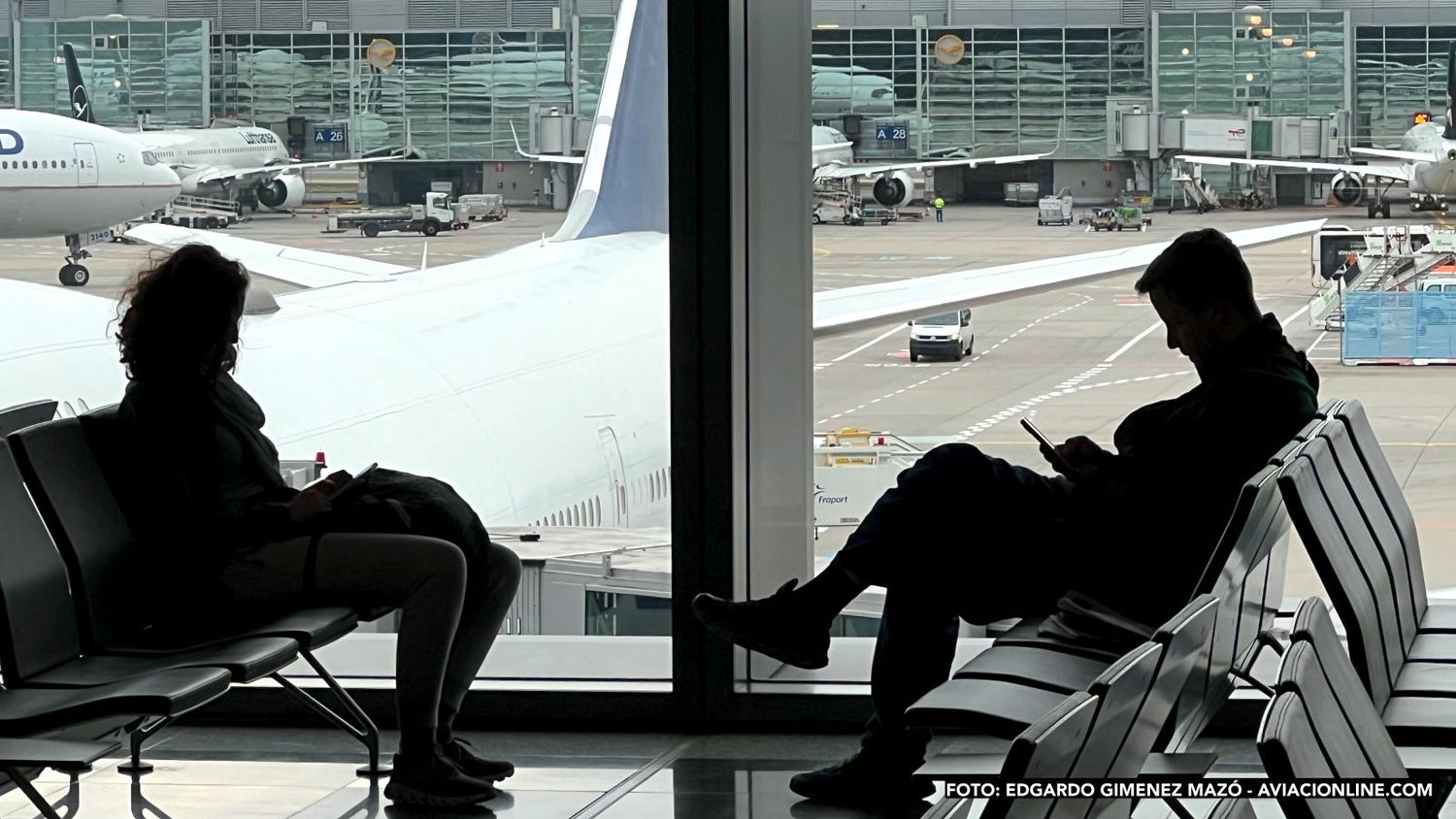IATA Forecasts $36.6 Billion in Airline Profits for 2025, Setting New Industry Records
Airlines are preparing for 2025 with growing profits, continuing the impressive cycle that began after the pandemic, a period in which they recorded record losses of $137 billion in 2020, once again demonstrating their resilience in the face of challenges in an environment that remains complex both environmentally and politically.
According to data revealed this Tuesday during the IATA Global Media Day, an annual press meeting, airlines are expected to achieve profits of $36.6 billion in 2025, with a margin of 3.6%. This surpasses the $31.5 billion projected for 2024, which represents a margin of 3.3%. Profits per passenger are estimated at $7, 60 cents more than in 2024, though almost a dollar less than the peak of 2023. Marie Owens Thomsen, IATA’s Senior Vice President for Sustainability and Chief Economist, contextualized this figure by noting that with that amount, one cannot even buy a coffee in some of the world’s major cities.
Airlines’ operating profit for 2025 is forecasted at $67.5 billion, with an operating margin of 6.7%, three-tenths higher than in 2024.
For the first time in history, in 2025 the commercial aviation industry will surpass the trillion-dollar revenue mark, reaching $1.007 trillion, 4% more than in 2024. Expenses would grow by 4%, reaching $940 billion.
In terms of passenger traffic, a growth of 6.7% compared to 2024 is projected, with 5.2 billion people expected to travel by plane in 2025, breaking the 5 billion mark for the first time. Meanwhile, cargo is expected to grow by 5.8%, reaching 72.5 million tons.
The financial performance of the commercial aviation sector will be supported by lower fuel costs, with the gap between jet fuel and Brent crude oil prices narrowing to just $15, down from peaks of over $60 in 2022. However, IATA warns that the situation could improve further if manufacturers resolve issues in production chains.
Willie Walsh, IATA’s Director General, was emphatic on this point, stating that the industry is dealing with a monopoly of manufacturers who are taking advantage of the situation, even profiting from the problems they themselves have created. He pointed out how the price of some spare parts has far exceeded inflation. «There is no evidence that these issues are being resolved, and we’ve had enough,» Walsh emphasized. «We need to increase pressure and seek support to enforce commitments,» he added, explaining that he merely conveys what airlines are telling him. «If I were running an airline, my patience would have run out long ago,» he concluded.
A consequence of this issue is that the global fleet has reached an average age of 14.8 years, the highest figure in the series since measurements began in 1990. Over these 34 years, the average has been 13.6 years. This impacts airline efficiency as well as efforts to improve environmental performance.

In this scenario, airlines in Latin America and the Caribbean will close 2024 with profits of $1 billion, with a margin of 2.1%. For 2025, profits are expected to grow to $1.3 billion, with a margin of 2.4%, equating to a profit per passenger of $3.8 (vs. $3.2 in 2024). Demand (in RPK) would grow by 8% in 2025, while capacity (in ASK) would increase by 7.9%.
According to IATA’s report, the region is home to «airlines that thrive and others experiencing significant financial difficulties, including Chapter 11 proceedings.» Additionally, it notes that devaluations in countries with significant domestic operations have posed challenges, as many key costs, such as fleet and debt services, are paid in dollars.
Another significant challenge, specifically mentioned by Marie Owens Thomsen during the Q&A session, is that some governments in less mature markets, such as those in Latin America and the Caribbean, tend to view commercial aviation as a «cash cow,» increasing fees and taxes. «It is impressive what Latin American airlines have achieved. There are many reasons to believe that load factors and profits will continue to grow,» she commented.
Willie Walsh added that «considering the geography of Latin America, it is obvious that air transport is essential, and much of the global growth will also come from this region. There are great opportunities, and airlines have done a good job in areas such as fleet modernization and consolidations.»
DEVELOPING NEWS



Comentarios
Para comentar, debés estar registrado
Por favor, iniciá sesión